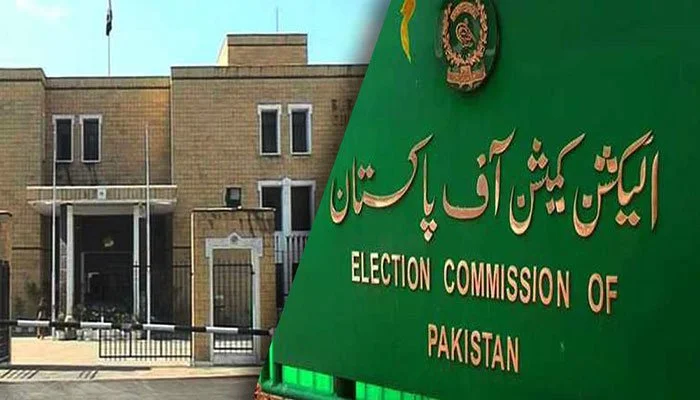ECP
ISLAMABAD: After the Supreme Court’s verdict on reserved seats, the Election Commission of Pakistan (ECP) took swift action on Monday, suspending lawmakers elected on seats denied to the Sunni Ittehad Council (SIC).
This move impacted a significant number of legislators across different political parties, including 44 members of the ruling PML-N, 15 from PPP, 13 from JUI-F, and one each from MQM-P, Istehkam-e-Pakistan Party, Awami National Party, Pakistan Muslim League, and Pakistan Tehreek-e-Insaf Parliamentarians.
In addition to the suspension of lawmakers, the ECP also addressed similar issues in provincial assemblies. In the KP Assembly, 21 lawmakers holding reserved seats for women and 4 representing minorities were de-notified. Similarly, in the Punjab Assembly, 24 women lawmakers and 3 non-Muslim legislators faced de-notification. Meanwhile, in the Sindh Assembly, the commission de-notified 2 female lawmakers and a minority member.
The Supreme Court’s intervention, led by Justice Syed Mansoor Ali Shah, came on May 7, suspending the ECP and PHC’s verdict on SIC reserved seats. The focus of this suspension was to ensure the accurate representation of the people’s mandate in Parliament, particularly concerning the allocation of additional seats.
Reserved seats were redistributed among various political parties, with allocations made based on the number of lawmakers elected on general seats. This process aimed to uphold constitutional provisions while considering the specific circumstances of each party’s participation in the elections.
In light of these developments, the political landscape has witnessed significant shifts, especially with a notable increase in independent candidates. This unique situation has necessitated careful consideration in the allocation of reserved seats to ensure fairness and representation in the legislative bodies.
I am a dynamic professional, specializing in Peace and Conflict Studies, Conflict Management and Resolution, and International Relations. My expertise is particularly focused on South Asian Conflicts and the intricacies of the Indian Ocean and Asia Pacific Politics. With my skills as a Content Writer, I serve as a bridge between academia and the public, translating complex global issues into accessible narratives. My passion for fostering understanding and cooperation on the national and international stage drives me to make meaningful contributions to peace and global discourse.










